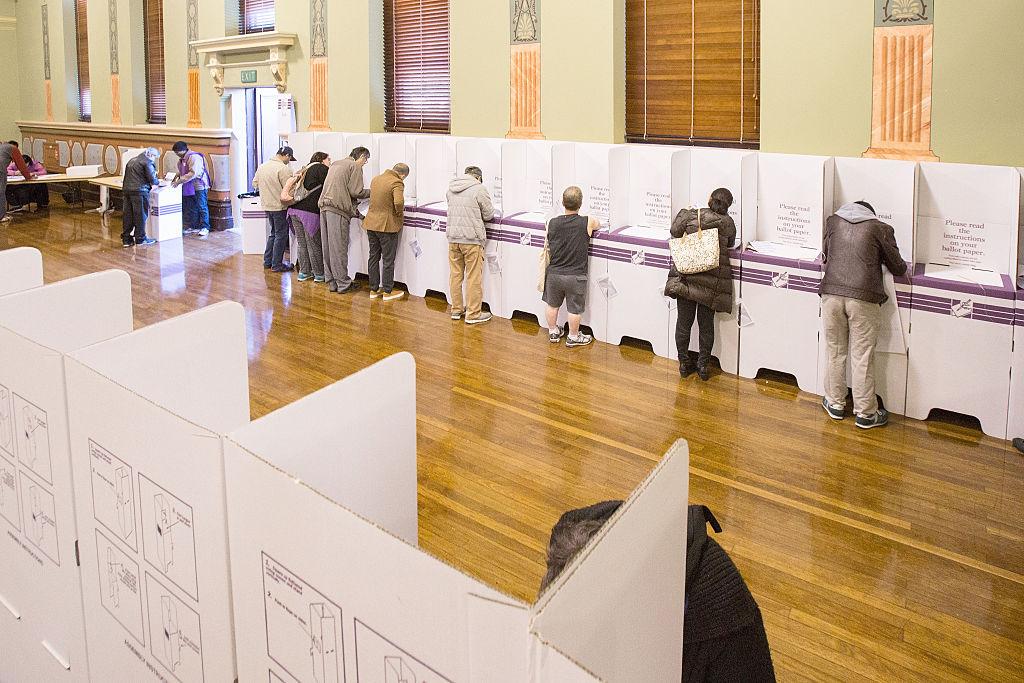While it will only take a few minutes for Hassan Naji to get to a polling booth on Saturday, he says it will be the culmination of a decades-long journey.
“This is very important to me. In the 49 years of my life, it is the first time I will vote in a national election,” says Naji, an Afghan refugee who lives in Sydney’s western suburbs.





